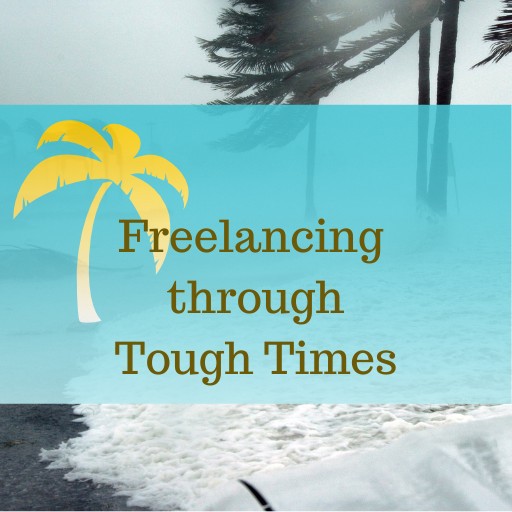Building Confidence in Your Editing Career
A few years ago, two students started taking classes at Club Ed. Both had solid backgrounds that helped them quickly grasp the principles of developmental editing – one had a teaching background and the other had a journalism background.
One of these students recently celebrated their first $10,000 month.
The other student got bogged down in doubts. They decided that AI is going to take over all editorial functions, so what’s the point in trying?
Now, $10,000 months don’t happen every single month and the happy student knows it, but it’s a huge milestone. It’s a sign that, hey, this freelancing thing is probably going to work out after all.
At the same time, I’m not going to argue that AI isn’t impacting editorial services – of course it is and will continue to do so.
But how is it that one student just celebrated a $10,000 month and the other shelved their freelance dreams for an office assistant job?
Certainly there are a lot of factors that go into answering this question. There are definitely structural and systemic problems that make it harder for some people to succeed. And there are personal factors: if you need money today, of course you may need to put your dreams on hold in order to grab a job, any job, and buy some groceries. Or perhaps a chronic condition or caregiving responsibilities interfere with your ability to find the time to work on building a business. I don’t want to discount those factors. They are all very real.

You Are Not a Widget
But a lot of the difference between the two outcomes boils down to a person’s confidence that their skills are distinguishable from a computer’s.
In the case of the first student, they worked very hard to pull together elements of their background to show how they are different from other editors and are the right choice for a very specific audience. That work is paying off. They’ve established a niche and are becoming known in that niche.
Uniquely You
So, if you need to build confidence in your editing business, my very first and most important recommendation is to figure out what is unique about you. It doesn’t necessarily have to connect specifically with your editorial approach – saying, “I’m very thorough!” doesn’t really distinguish you from anyone else.
But if you have ADHD and because of that you have a good sense of how to work with authors with ADHD, then that’s something you can talk about, and it will likely connect you with potential clients who are looking for someone who will understand their particular challenges.
Similarly if you’re a mother with young children, you understand the challenges that other mothers of young children have in finding the time and space to work on their manuscripts.
And so on.
Guard Your Peace
If you’re consuming a lot of doom-and-gloom news, it’s harder to remain positive. This is one of the things that happened to the second student I described above. They got involved in some groups that follow AI and its impact on business, and over time lost the confidence that they could succeed as a freelance editor.
Now, of course it’s important to understand how technology and other challenges will affect our businesses, but there’s a difference between deciding that you need to clearly show in your marketing how you can’t be replaced by a plagiarism machine and deciding that you should give up.
That’s why my second recommendation for building confidence in your editing business is to stop reading and watching so much news. Limit your exposure to negativity. (This is true even if you’ve been at it for a while – I recently deactivated my Facebook account and the difference in my mental and emotional health has been striking.)
Building a successful freelance editing career begins with believing you can do it.
Join the Club!
New to story editing? Begin at the beginning.



